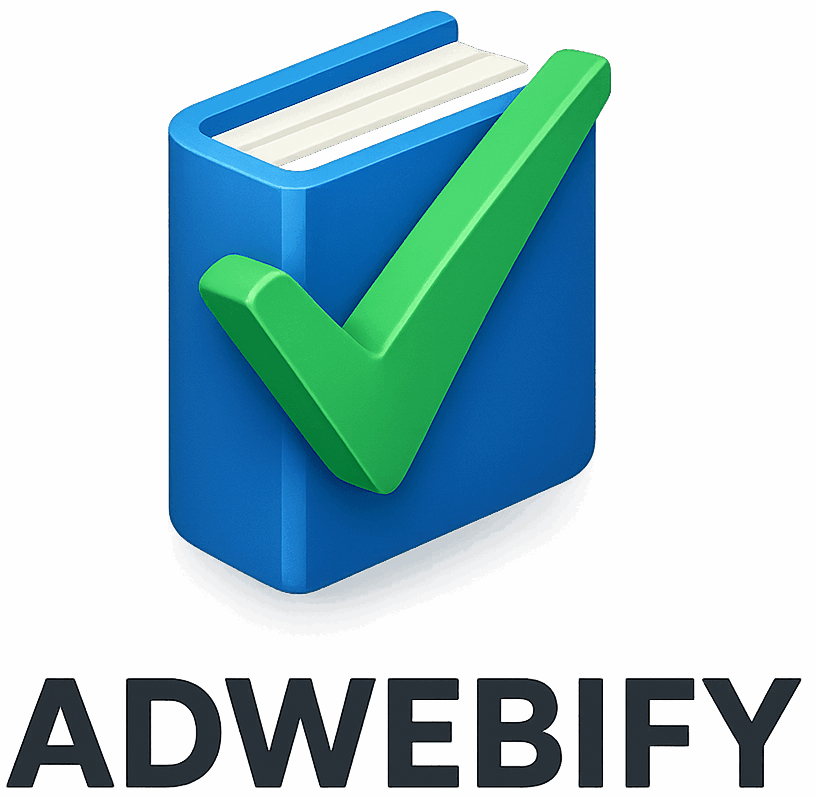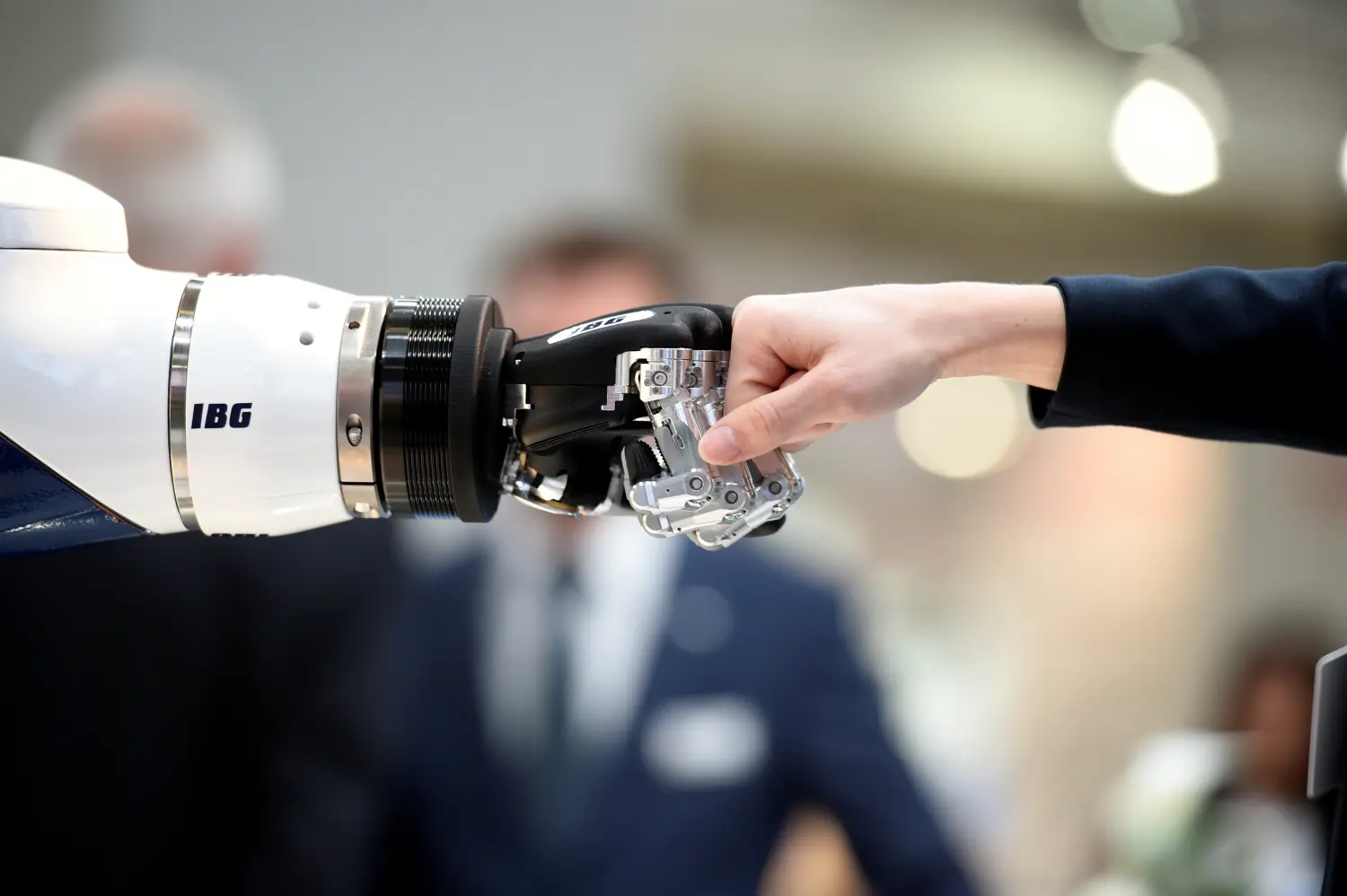Artificial intelligence (AI) was once a futuristic vision of science fiction. Today, it’s a powerful force influencing our daily lives. Over the past decade, AI has undergone a dramatic transformation, from humble beginnings in the laboratory to a fixture of everyday life, even at home. It’s everywhere: in the apps on our phones, the way we shop online, and the way doctors diagnose illnesses. The rise of AI isn’t just about the technology; it’s also about how it’s changing society, the marketplace, and the way we interact with each other.
What is AI?
AI is the study and development of computer systems that can perform tasks that typically require intelligent humans. These tasks include understanding speech, identifying trends, solving problems, and even choosing actions to take. Unlike standard software that simply follows instructions, AI systems can learn from data and improve over time. In our digital age, AI is incredibly useful because it can change and adapt.
AI comes in many shapes and sizes. Some systems are highly specific, meaning they excel at just one thing, such as recommending movies on a streaming service or identifying fraudulent credit card transactions. Other systems strive for greater generality and attempt to think and act like humans in a wide range of situations. True human-level AI is still in development, but the progress made so far has already had a significant impact on society.
Article Intelligence Transforms Daily Life
Many people don’t realize how deeply AI is already embedded in their daily lives. Smartphones use AI for voice assistants, facial recognition, and even improved cameras. Online stores use AI to make personalized recommendations and help customers find products they might want to buy. Streaming services monitor what people watch and offer programs tailored to their tastes.
Even mapping apps, used by millions of people daily, use AI to predict traffic and provide optimal routes. Social media sites use AI to organize messages, identify inappropriate content, and connect users with their key audiences. AI has become an invisible assistant for most people, making life easier, faster, and more personalized.
AI in Medicine and Healthcare
Healthcare is one of the most promising sectors where AI is having a significant impact. Doctors use AI to analyze vast amounts of data, such as medical scans, laboratory results, and patient records. These tools can help doctors diagnose diseases faster and more accurately. For example, AI-powered imaging tools can detect small cancers that are invisible to the human eye.
AI is also being used in drug development. By analyzing vast amounts of research data, AI can identify potential drug candidates faster than traditional methods. In hospitals, AI-powered robots support treatment by improving accuracy and reducing the risk of human error. Telemedicine platforms use AI to connect patients with doctors, provide health advice, and remotely monitor vital signs. These applications not only save time and money but also provide a better experience for patients worldwide.
How AI Will Change Work and Business
AI is significantly changing the way businesses operate. In customer service, AI-powered robots now answer millions of questions daily, reducing wait times and providing immediate answers. Marketing teams use AI to observe customer behavior, helping them reach their target audiences. In banking, AI systems monitor transactions in real time to detect fraud and predict market trends.
AI is also changing the way workplaces are designed. Automated tools are taking over repetitive tasks, freeing up employees for more creative and intelligent work. However, this change also raises concerns about job losses. Artificial intelligence is creating new jobs in sectors like data science and AI engineering, but it is also taking over jobs in sectors that rely on established practices. One of the biggest challenges with the rise of AI is finding the right balance between opportunity and change.
Using AI for Education
AI is also transforming education. Online learning tools use artificial intelligence (AI) to tailor courses based on each student’s skill level and learning style. Virtual tutors are available 24/7.
Ethical issues and their many benefits. Because AI systems collect and analyze vast amounts of personal data, privacy issues are paramount. Some worry about how this information will be used, who has control over it, and whether individuals are sufficiently safe.
Biases pose another problem. AI systems learn from data, meaning they can identify human biases in that data. This can hinder fair choices in hiring, grants, or when breaking the law. To address these issues, we need openness, accountability, and solidarity between countries.
Finally, there is the question of how much power humans should have over more common machines. Ensuring that humans remain central to decision-making is crucial for maintaining trust and safety as AI develops.
What is the future for AI?
The future of AI is both exciting and unpredictable. Scientists are working to make AI more generalized, so that AI can perform more tasks with the same understanding as humans. This will lead to significant advances in science, health, and technology. At the same time, it also fuels discussions about rules, ethics, and the place of humans in a world overrun by machines.
The impact of AI will continue to grow slowly and benefit most people. AI may be less noticeable, but it will gradually become integrated into every aspect of daily life. Smart homes that anticipate our needs may become commonplace, as will rapidly adapting workplaces. The challenge is to ensure that this growth benefits everyone, not just a select group.
FAQs about AI
Will AI replace all jobs?
Some household tasks, especially repetitive ones, will be automated by AI, but it will also create new jobs in sectors such as AI development, data analysis, and machine learning. Workers will have to adapt by acquiring new skills and continuing to learn throughout their lives.
Is AI harmful?
AI itself is not dangerous; the danger lies in how it is used. If AI is developed ethically, it can be safe and useful. However, risks can arise if AI is used incorrectly or if there is no regulation.
Can AI think like humans?
Current AI doesn’t think like humans. It can analyze facts and speculate about the future, but it lacks emotion, imagination, or consciousness. Scientists are still far from making computers as intelligent as humans.
What does AI do in real life?
Artificial intelligence (AI) has become an integral part of everyday life, from voice assistants and mapping apps to shopping recommendations and bank fraud detection. Most people use AI daily without even realizing it exists.
Is AI affordable enough for small businesses?
The cost of AI tools is certainly falling. Cloud-based tools allow small businesses to use AI for data, customer service, and marketing without breaking the bank.
In short
AI is no longer a far-fetched concept. It’s already here, impacting the way we live, work, and communicate. AI improves many things, from healthcare and education to business and personal convenience. But it also raises questions about ethics and the future of work. One of the most significant technological changes in recent years is the rise of AI. If AI is fully utilized and its consequences are responsibly addressed, it can become a tool for progress and innovation. AI’s journey has only just begun, and its impact on the world will only increase.

